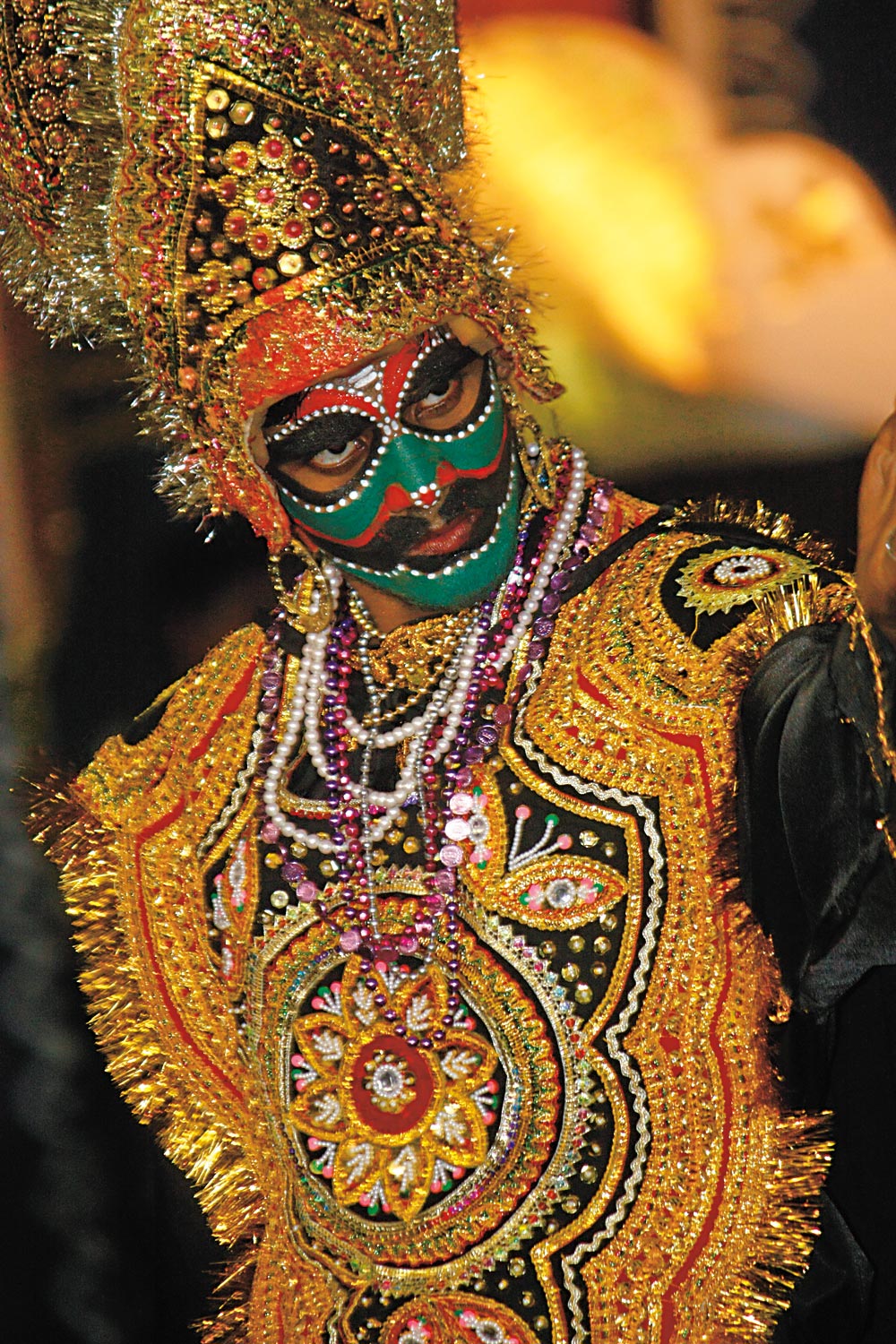In the pantheon of Hindu festivals, Divali probably holds pride of place in Trinidad & Tobago. The festival of lights, which falls on October 26 this year, is a national event. Almost everyone makes curry their dish of choice on that day. Many non-Hindus either light deyas in their own homes or help their Hindu friends and neighbours to light up theirs. Apart from the visual spectacle of the festival, the symbolism of Divali, the triumph of light over darkness, resonates with people of various faiths.
In the two weeks preceding Divali, Hindus all over the country re-enact a story with the same moral, yet if you ask the average non-Hindu about it, many would be nonplussed.
Ramleela is a dramatic re-enactment of the life of Lord Rama, which ends in a ten-day battle between him and the ten-headed Ravan, as described in the Hindu epic, the Ramayana. Brought to the West Indies by East Indians when they came as indentured labourers in the post-Emancipation era, over 165 years ago, this play is considered the oldest open-air theatre in the Caribbean. It waned in popularity in the 1970s and 80s, but today has grown tremendously, with about 35 Ramleela sites, and has become more organised, with a National Ramleela Council to regulate the celebrations and source funding for several community groups to stage the play. Earlier this year, Prime Minister Kamla Persad-Bissessar announced that her government intended to construct the country’s first Ramleela Centre on the grounds of the Divali Nagar in Chaguanas in central Trinidad.
In communities heavily populated by Hindus, savannahs and recreational grounds become the perfect setting for the ten nights of Ramleela. Villagers become actors, craftsmen, choreographers, and costume designers to bring to life the story, which involves an elaborate cast, which could number upward of 100 people, playing princes, princesses and deities, among others. The play or leela, climaxes with the burning of an effigy of Ravan, in the symbolic triumph of good over evil. At every Ramleela staging, there is an undeniable sense of community spirit as villagers fraternise while the play unfolds.
In his 1992 Nobel Prize acceptance speech, Derek Walcott (who lived in Trinidad for many years) gave a first-hand account of Ramleela, expressing amazement at the level of production while commenting how ignorant many people – including himself – were about the event.
“I had often thought of but never seen Ramleela, and had never seen this theatre, an open field, with village children as warriors, princes, and gods. I had no idea what the epic story was, who its hero was, what enemies he fought, yet I had recently adapted the Odyssey for a theatre in England, presuming that the audience knew the trials of Odysseus, hero of another Asia Minor epic, while nobody in Trinidad knew any more than I did about Rama, Kali, Shiva, Vishnu, apart from the Indians,” he said.
Through his writer’s eye, Walcott imagined the play unfolding before him in a Central Trinidad village called Felicity as simple theatre, a desperate attempt to hold onto to the traditions of Mother India. But, as he observed, Ramleela in Trinidad was not just an act, but an act of faith.
“They had been chosen; or they themselves had chosen their roles in this sacred story that would go on for nine afternoons over a two-hour period till the sun set. They were not amateurs but believers. There was no theatrical term to define them. They did not have to psych themselves up to play their roles. Their acting would probably be as buoyant and as natural as those bamboo arrows crisscrossing the afternoon pasture. They believed in what they were playing, in the sacredness of the text, the validity of India…”
It’s that unwavering belief that propels communities to continue the tradition even as they battle the universal problem of funding. There have been numerous calls for the government to increase the amounts allocated to the festivities over the years, even calls to make it a nationally recognised event that can attract tourists. As a state-recognised event, Ramleela would probably get the kind of marketing it needs to propel this epic folk theatre from the village stage to the national – and international – consciousness that, as Walcott noted, is lacking.




















